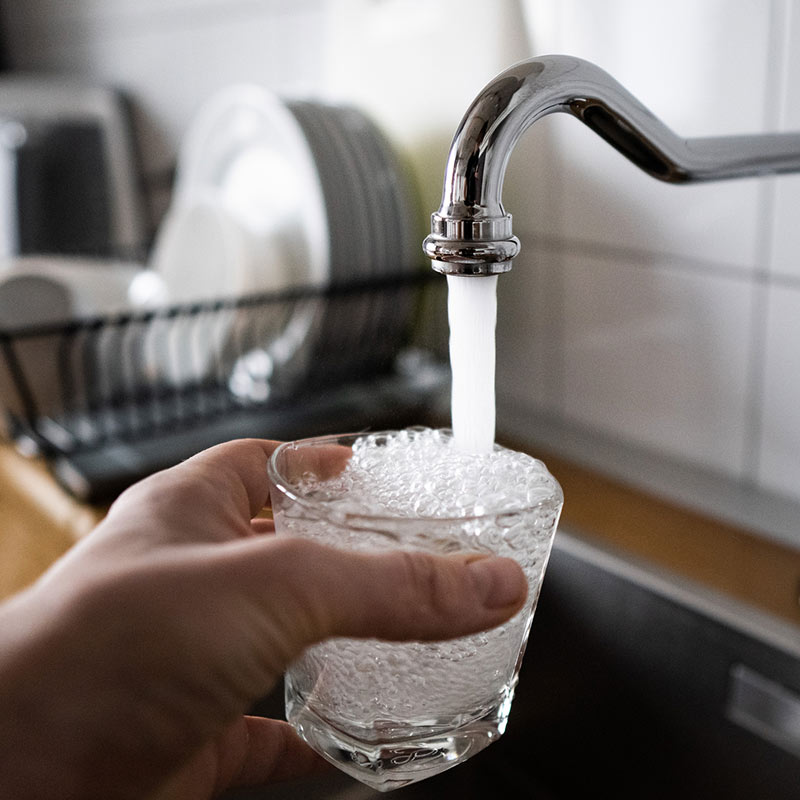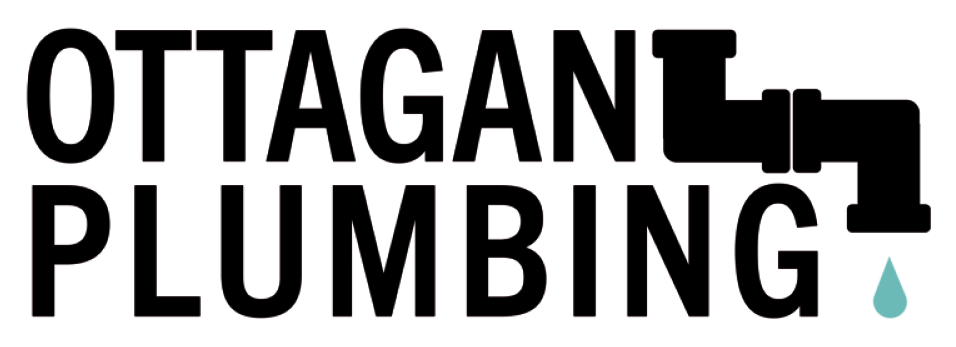
Water quality is something we often take for granted, but it plays a critical role in the health and safety of our households. Contaminants like bacteria, lead, and chlorine can sneak into our water supply, posing risks to our health. Over time, your home’s plumbing system and local water conditions can change, making it crucial to periodically assess the water quality. Here are some signs it might be time to test the water in your home:
Unusual Taste of Odor
One of the most obvious signs that something might be wrong with your water is a strange taste or odor. If your water starts to taste metallic, bitter, or has a chlorine-like smell, it could indicate contamination. A sulfur or rotten egg smell often points to hydrogen sulfide, which could be harmful if ingested. These changes in taste and smell are good reasons to schedule a water quality test.
Cloudy or Discolored Water
Clear water should be the norm, but if your tap water appears cloudy, brown, or yellow, it’s time to take action. Discoloration can be caused by rust or sediment buildup in your plumbing system, or even by issues with the municipal water supply. Cloudy water may indicate high levels of dissolved solids or bacteria, which could impact your health. Testing will reveal what’s causing the issue and how to address it.
Stains on Plumbing Fixtures and Laundry
If you’ve noticed unsightly stains on your sinks, tubs, or laundry, it could be a sign of high mineral content, like iron or calcium, in your water. Hard water can lead to scale buildup and stains, while iron can leave reddish-brown spots. While these may not always be harmful, they can be a sign that your water needs treatment to improve its quality and protect your plumbing.
Skin Irritation or Dryness
If your skin feels dry, itchy, or irritated after showering, it could be the result of hard water or chemical imbalances in your water. Chlorine or high mineral content in the water can affect the skin’s natural moisture, leading to dryness and irritation. Testing your water can determine the exact cause, and help you decide if water softening, or filtration is needed.
Frequent Plumbing Issues
If you’re frequently dealing with clogged pipes, mineral buildup, or a reduced water flow, it might be because of poor water quality. Hard water can cause scaling in pipes, leading to clogs and reduced water pressure. Over time, this can damage your plumbing system and affect water quality. A test will help you understand if your water quality is contributing to these plumbing problems.
You Live in an Older Home
Older homes, particularly those built before the 1980’s, may still have plumbing systems with lead pipes or galvanized steel pipes, which can contaminate your water. Lead contamination is especially dangerous for young children and pregnant women. If you live in an older home, it’s a good idea to test your water regularly for lead or other contaminants.
Your Local Water Supply Has Been Affected
If you live in an area where your local water supply has been affected by environmental changes, industrial activity, or a natural disaster, it’s essential to test your water. Changes in weather, pollution, or construction projects near water sources can introduce harmful chemicals and pollutants into the water supply. Always stay informed about any changes in your local water supply, and consider testing your water regularly.
You Have a Private Well
If your home uses well water, regular water testing is essential. Well water is more susceptible to contamination from nearby septic systems, agriculture, and natural environmental factors. Without the oversight of municipal water systems, it’s curcial to regularly test well water to ensure it’s safe for consumption. Well water testing should be done at least once a year or after any significant weather events like heavy rain or flooding.
Concerns About Health Risks
If anyone in your household has unexplained health issues like gastrointestinal problems, skin rashes, or allergic reactions, it could be linked to the water quality. Contaminants like bacteria, parasites, and chemicals can lead to health problems, especially for vulnerable populations like young children or the elderly. Testing your water can help indentify any harmful substances and determine the best course of action.
Conclusion
Regularly testing your water is a proactive step to ensure that the water you and your family use daily is safe and clean. Whether it’s due to changes in taste, water discoloration, or concerns about health and plumbing, staying on top of water quality can help prevent issues before they become major problems. If you notice any of these signs, contact a professional to test your water and explore possible filtration or treatment options to protect yoru home and your health.
Stay vigilant, and don’t hesitate to reach out of you have any questions about testing your home or improving your water quality.

Leave a Reply